Avascular Necrosis
Avascular Necrosis
Certainly! Here are 10 points for physiotherapy to address Avascular Necrosis (AVN):
Pain Management: Physiotherapy helps in alleviating pain associated with AVN through various modalities like heat/cold therapy, electrical stimulation, and manual techniques.
Range of Motion Improvement: Physiotherapists work on improving joint mobility and flexibility, helping normal people with AVN maintain better movement in the affected areas.
Strengthening Exercises: Tailored exercise programs are designed to strengthen muscles around the affected joint, providing better support and stability.
Joint Protection Techniques: Physiotherapists teach individuals with AVN how to protect their joints during daily activities, minimizing further damage.
Gait Training: Physiotherapy aids in correcting gait abnormalities caused by AVN, reducing stress on the affected joint during walking and other movements.
Functional Rehabilitation: Normal people with AVN can benefit from physiotherapy to regain functional abilities required for everyday activities.
Balance and Proprioception Training: Physiotherapists incorporate exercises to enhance balance and proprioception, reducing the risk of falls and joint injuries.
Individualized Treatment: Physiotherapy plans are customized based on the individual’s specific needs, taking into account their age, lifestyle, and severity of AVN.
Postural Correction: Physiotherapists work on correcting poor postural habits, reducing strain on the affected joint and preventing further complications.
Education and Self-Management: Physiotherapy services provide valuable education on AVN, offering guidance on self-management techniques and exercises that individuals can perform at home to support their recovery.
